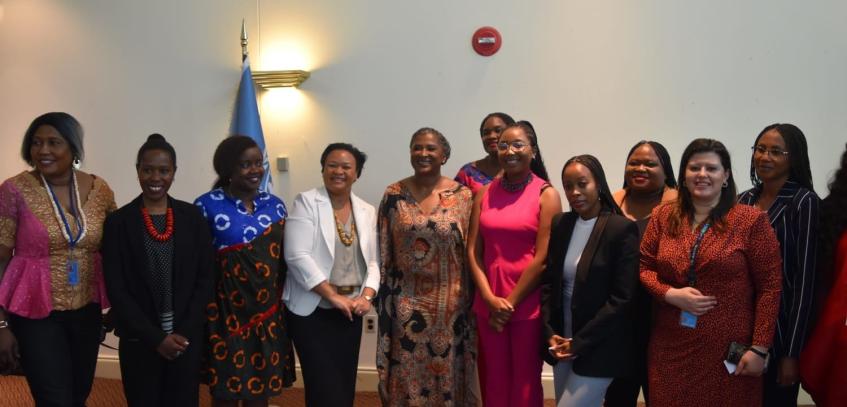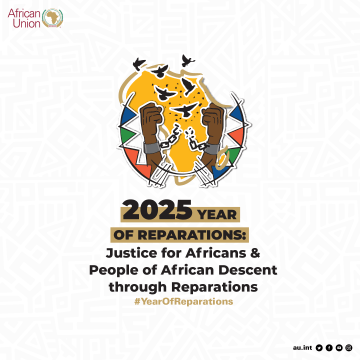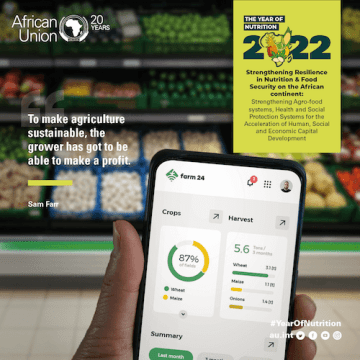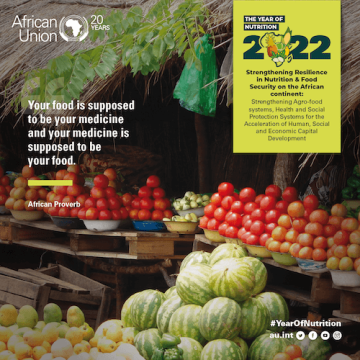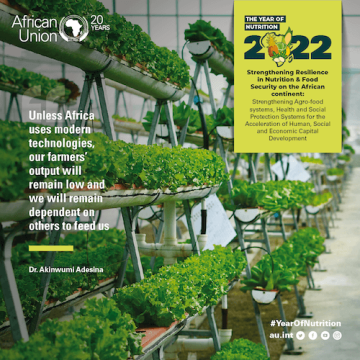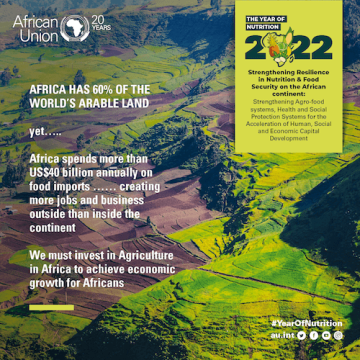New York, September 22, 2024 – The African Peer Review Mechanism (APRM) Continental Secretariat, under the leadership of Amb. Marie-Antoinette Rose Quatre, Chief Executive Officer, co-hosted a high-level side event titled “Building Foresight Competencies and Networks to Empower Youth in Africa” in collaboration with the South African Institute of International Relations (SAIIA). Supported by the Federal Republic of Nigeria, the event took place on 20 September 2024 at the Permanent Mission of Nigeria to the United Nations in New York.
The side event addressed several key themes, including:
Advocacy for Youth Roles- Emphasizing the importance of youth in promoting sustainable development, United Nations Agenda 2030, and African Union Agenda 2063: The Africa We Want.
Foresight Competencies- Highlighting the value of building foresight skills and peer-learning networks to empower youth to co-create transformative futures as well as futures methodologies.
Youth Initiatives- Showcasing innovative youth-led initiatives that reimagine futures and position young people as changemakers advocating for meaningful action.
Youth Engagement- Engaging African youth in discussions about their experiences in promoting youth voices and issues within decision-making, policy, and strategy processes.
Recommendations for Future Generations- Discussing youth-developed recommendations that align with the Pact for the Future and the Declaration on Future Generations.
H.E. Ms. Monica Geingos, 3rd Former First Lady of the Republic of Namibia, Chairperson of the One Economy Foundation, and Official United Nations SDG Advocate was the guest of honour. In her remarks, she referenced the APRM Targeted Review on Youth Unemployment, Her Excellency Monica Geingos, former First Lady of the Republic of Namibia, Chairperson of the One Economy Foundation, and Official United Nations SDG Advocate, was the guest of honour. In her remarks, she referenced the APRM Targeted Review on Youth Unemployment, which identified several key factors contributing to youth unemployment in Namibia. These included historical structural weaknesses in the economy, poor coordination of the institutional framework, an educational system that does not align with labour market demands, an underdeveloped entrepreneurial framework, inadequate data and information ecosystems, and a lack of monitoring and evaluation mechanisms.
H.E. Dr. Jamila Bio Ibrahim, Minister of Youth Development of Nigeria, expressed her commitment to collaborating with fellow AU Member States to enhance youth development efforts. She emphasized the importance of strengthening AU and UN strategies and policies for youth empowerment, highlighting the Nigeria Youth Investment Fund as a model and best practice in youth development financing that other AU countries can adopt. The Minister also requested technical support from the APRM to advance Nigeria’s youth development initiatives.
Hon. Ms. Emma Theofelus, Namibia’s Minister of Information, Communication, and Technology shared her insights as a young Member of Parliament and Cabinet Minister. She affirmed that African youth are fully capable of occupying leadership roles that were previously considered inaccessible. She encouraged young people to expand their networks and engage in collective initiatives, highlighting youth wings of political parties and civil society networks as excellent platforms for active participation.
In her closing remarks, Amb. Marie-Antoinette Rose Quatre noted that the APRM’s Africa Governance Report 2023 highlights the marginalization of youth, characterized by limited opportunities for political participation, high unemployment rates, and economic disparities. She warned that these factors contribute to a loss of trust in democratic processes, leading to an increase in unconstitutional changes of government across the African continent.
The event underscored the critical role of youth in shaping Africa’s future and the urgent need for collaborative efforts.

